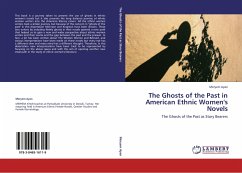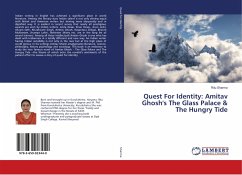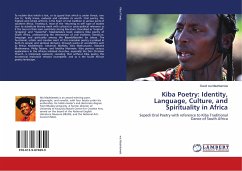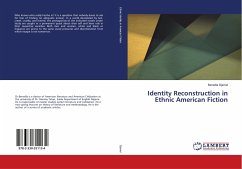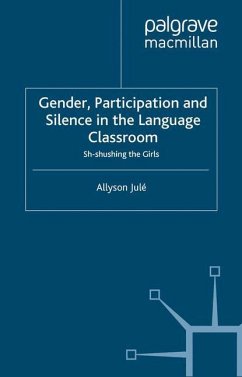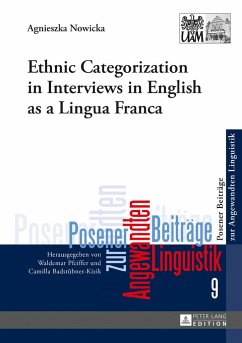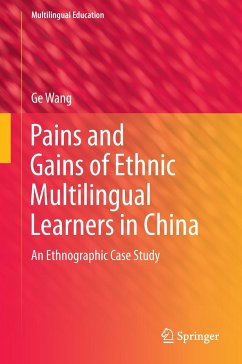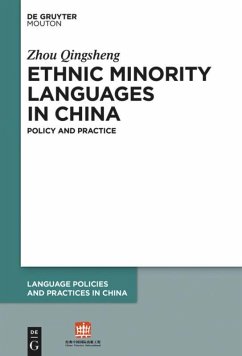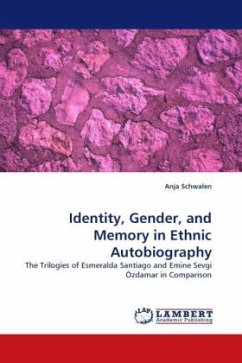
Identity, Gender, and Memory in Ethnic Autobiography
The Trilogies of Esmeralda Santiago and Emine Sevgi Özdamar in Comparison
Versandkostenfrei!
Versandfertig in 6-10 Tagen
32,99 €
inkl. MwSt.

PAYBACK Punkte
16 °P sammeln!
Since the 1970s, interest in ethnic and women s autobiographies has increased significantly. In the USA, a high percentage of these are written by Latinas, while in Germany women writers from the Middle East, especially Turkey, have emerged. This study compares the autobiographies of Esmeralda Santiago and Emine Sevgi Özdamar, focusing on ethnic identity, gender, history, and memory. The argument is that both works not only reflect the cultural conflicts and traumas of the writer, but also each host country's social realities and conflicts during the sixties and seventies. Santiago's work str...
Since the 1970s, interest in ethnic and women s autobiographies has increased significantly. In the USA, a high percentage of these are written by Latinas, while in Germany women writers from the Middle East, especially Turkey, have emerged. This study compares the autobiographies of Esmeralda Santiago and Emine Sevgi Özdamar, focusing on ethnic identity, gender, history, and memory. The argument is that both works not only reflect the cultural conflicts and traumas of the writer, but also each host country's social realities and conflicts during the sixties and seventies. Santiago's work stresses the division of American society along racial and ethnic lines, but also the chance to reinvent oneself overcoming racial and social boundaries, while Özdamar reflects on cultural conflicts among Germans as a result of recent history linking them to political oppression and social division in her native Turkey. Both authors find a way to reconcile their personal and social conflicts through the universalistic nature of theater work. This analysis will be useful for students of literature, cultural and ethnic/gender studies, as well as any reader interested in migration issues.



